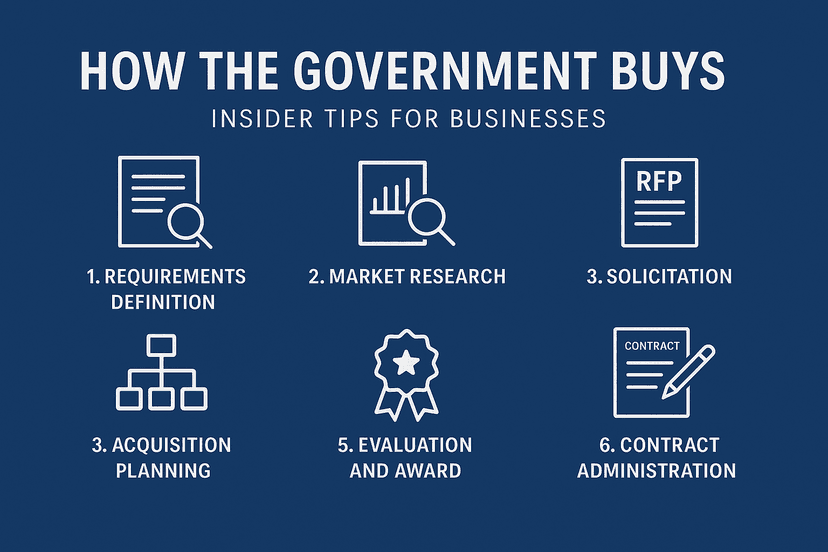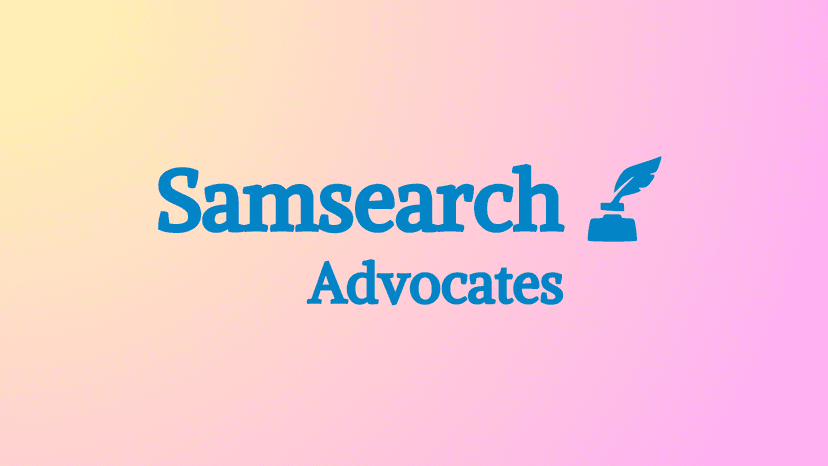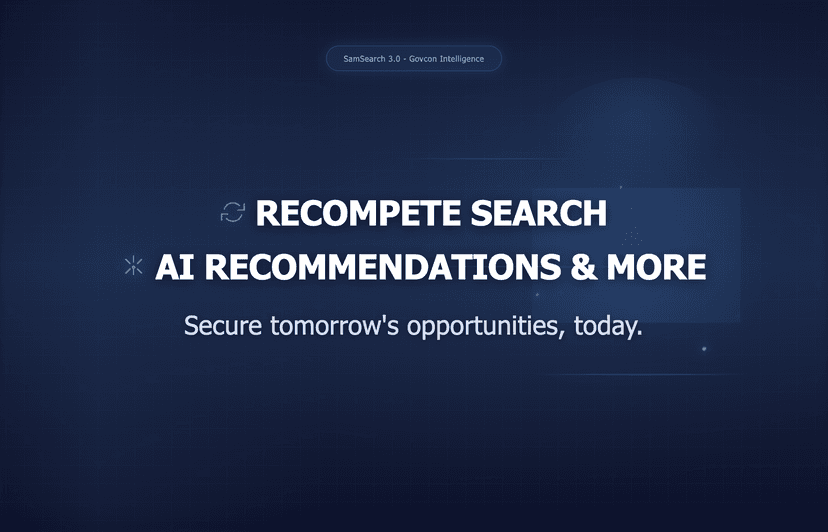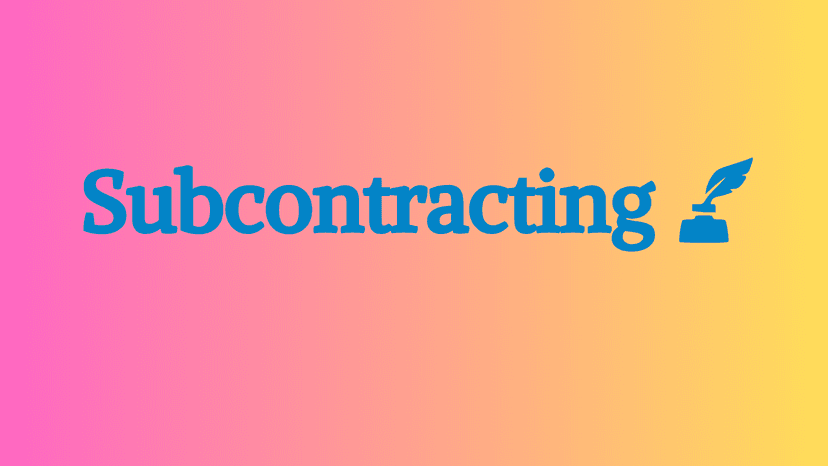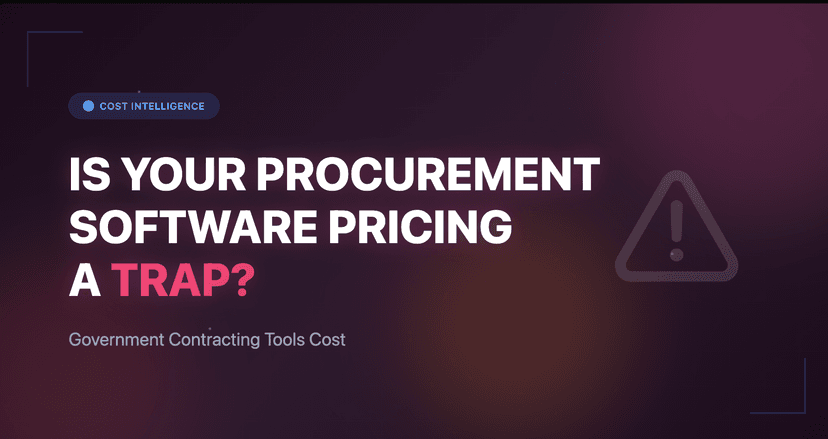Avoid These 10 Deadly Sins: Secure Your Next Government Contract Win
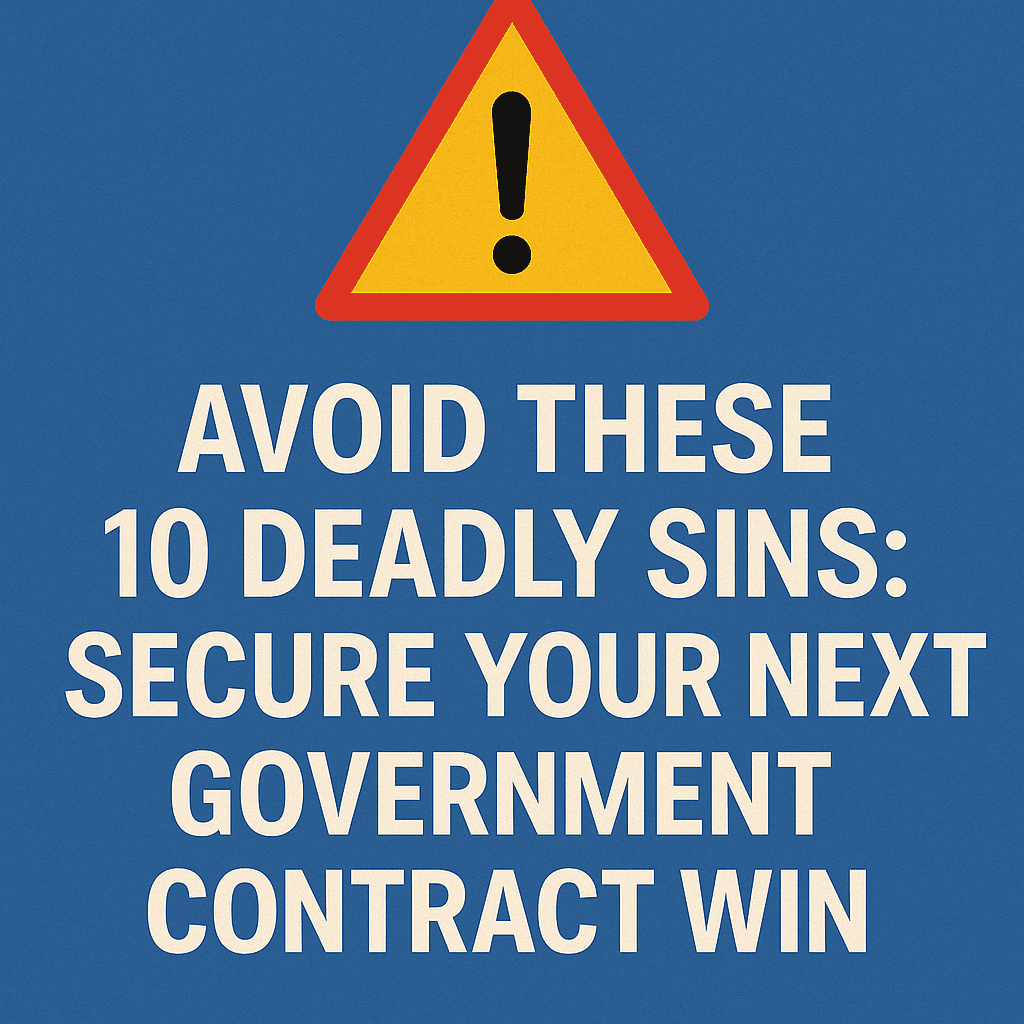
Winning a government contract can be transformative for your business but getting there is no easy feat. Each year, thousands of proposals are submitted, yet only a fraction make it across the finish line. The difference between winning and losing often comes down to avoidable mistakes.
I. Introduction: The High Stakes Game of Government Proposals
“In 2023, the U.S. federal government awarded over $700 billion in contracts but the competition is fierce, and even minor errors can eliminate you from consideration.”
Government contracting holds the promise of stable revenue, long-term growth, and credibility. For many businesses, securing just one federal contract can be a game-changer. But for all the opportunity, the path is littered with pitfalls.
If you're serious about landing your next (or first) government contract, it's time to get real about the process. Many proposals are doomed before they’re even read thanks to missteps that are completely avoidable.
We call these the 10 Deadly Sins of Government Contract Proposals.
In this post, we’ll walk you through each one explaining how these common mistakes derail promising submissions, and more importantly, how to avoid them.
But first, let’s acknowledge a powerful truth: success starts well before the proposal is even written. It begins with a deep understanding of the opportunity, the agency’s needs, and the solicitation details. That’s where tools like samsearch come in helping you identify the right opportunities and navigate key requirements from day one.
Let’s dive into the first hurdle that trips up far too many proposal writers.
II. The First Hurdle: Critical Submission & Formatting Errors – Don't Fall at the Start Line
Getting your proposal noticed starts with simply being eligible. And that means clearing some of the most basic yet frequently fatal hurdles in the process.
Mistake 1: Missed Deadlines – The Unforgivable Sin
Explanation: Submitting even one minute past the deadline is often an instant disqualification. There are no do-overs.
Solution: Always aim to submit at least 24 hours in advance. Build internal deadlines into your calendar. Treat the official deadline as the backup, not your target. This is a non-negotiable rule in government contracting.
Mistake 2: Ignoring Instructions – The Devil is in the Details
Explanation: Every solicitation comes with exact formatting instructions page limits, font type and size, margin requirements, even how to name your files. Failing to follow these details can signal carelessness and get you disqualified.
Solution: Read the solicitation multiple times. Highlight all instructions. Create a detailed checklist to track compliance many of these solicitation documents are available on samsearch, which makes it easier to stay organized.
III. The Core of Your Offer: Proposal Content Mistakes – Generic Gets You Nowhere
Even if your proposal clears the formatting gate, the real challenge is convincing the evaluator that you understand their needs better than anyone else.
Mistake 3: Generic Copy-Paste – The Impersonal Proposal
Explanation: Reusing old proposals without tailoring them is a clear giveaway. Evaluators can spot a generic submission within seconds and they rarely read further.
Solution: Every proposal must feel like it was written just for this agency. Reference the agency’s mission, echo the language of the RFP, and position your offer as a direct solution to their challenges.
👉 Pro Tip: You can save hours and avoid these mistakes by using the SamSearch Proposal Writer AI. It analyzes the solicitation, aligns with evaluation criteria, and drafts custom, tailored sections to match what the agency is really looking for.
Visit samsearch to start writing smarter, not harder.
Mistake 4: Ignoring Evaluation Criteria – Flying Blind
Explanation: Every government solicitation includes a set of evaluation criteria these are the exact benchmarks the agency uses to score your proposal. Overlooking or misunderstanding them is one of the most dangerous mistakes you can make. If you fail to align your response with these criteria, you're essentially hoping for a win while ignoring the rulebook.
Risk: Missing or misinterpreting evaluation criteria can result in your proposal being scored poorly even if your solution is a perfect fit. You could lose a winnable contract simply because you didn't focus on what evaluators care about most.
Solution: Always read and analyze the evaluation section of the solicitation thoroughly. Prioritize high-weighted sections, and structure your proposal to reflect those priorities.
🧠 Smarter Way: With SamSearch AI, you can chat directly with solicitation documents to instantly uncover the evaluation criteria, clarify unclear language, and focus your writing where it counts. Don’t let a missed detail cost you the contract use the tools designed to keep you aligned.

IV. Proving Your Prowess: Weak Past Performance – Credibility is Key
Winning government contracts isn’t just about making promises it’s about proving you’ve delivered results before. Past performance is one of the most heavily weighted sections in many evaluations, and weak or irrelevant examples can sink even the best-written proposal.
Mistake 5: Weak or Irrelevant Examples – Missing the Mark
Explanation: Listing unrelated or underwhelming past projects fails to build trust. Agencies want to see that you’ve succeeded on similar work ideally for similar clients.
Solution: Only include past performance examples that directly relate to the scope and complexity of the current opportunity. Focus on successful outcomes and quantify your achievements (e.g., “completed ahead of schedule,” “under budget by 10%,” “served over 5,000 end users”). This shows competence and confidence.
Mistake 6: Newcomers Going It Alone (When They Shouldn't) – The Strength in Partnership
Explanation: If you're new to federal contracting, the lack of past performance can be a major obstacle. Even if your team is capable, evaluators may see inexperience as a risk.
Solution: Partner or subcontract with more experienced companies to strengthen your credibility. Joint ventures, mentor-protégé agreements, and teaming arrangements are common in government contracting and can be strategic paths to your first wins.
🔎 Pro Tip: You can identify potential partners by researching past contract awards, available directly through samsearch. See who won similar contracts, then reach out to explore partnership or subcontracting opportunities.
📈 Building a track record doesn't have to start from zero. With the right partnerships and positioning, you can borrow credibility until you build your own.

V. Setting the Stage: Bad Expectations & Flawed Pricing – Recipe for Rejection (or Failure)
Even a technically sound proposal can fall apart if your promises don’t hold up under scrutiny or if your pricing triggers concern. Government agencies aren't just buying services they’re assessing risk, feasibility, and long-term value.
Mistake 7: Avoid Overpromising – The Credibility Killer
Explanation: Proposing aggressive delivery schedules or claiming capabilities far beyond your demonstrated capacity may seem like a way to stand out but it can backfire. Unrealistic timelines and inflated promises create doubt about your ability to perform.
Solution: Be honest and realistic about what you can deliver. Provide a clear, achievable project timeline with milestones and contingency plans. Your proposal should inspire confidence, not skepticism.
Mistake 8: Price Unfairly – The Balancing Act
Explanation: Proposals priced too high may be seen as out of touch with the market or even price gouging. On the other hand, pricing too low can signal desperation, inexperience, or worse: an inability to deliver without cutting corners. Either extreme raises red flags.
Solution: Conduct thorough market research to benchmark your pricing. Break down your costs transparently and explain the rationale behind your pricing structure. Agencies want to see value, not just numbers. They are looking for justified, reasonable, and sustainable pricing.
💡 Tip: If you're unsure about market expectations, use samsearch to explore past contract awards and compare pricing ranges for similar scopes. It's a great way to align your bid with reality and avoid pricing yourself out of contention or into financial trouble.
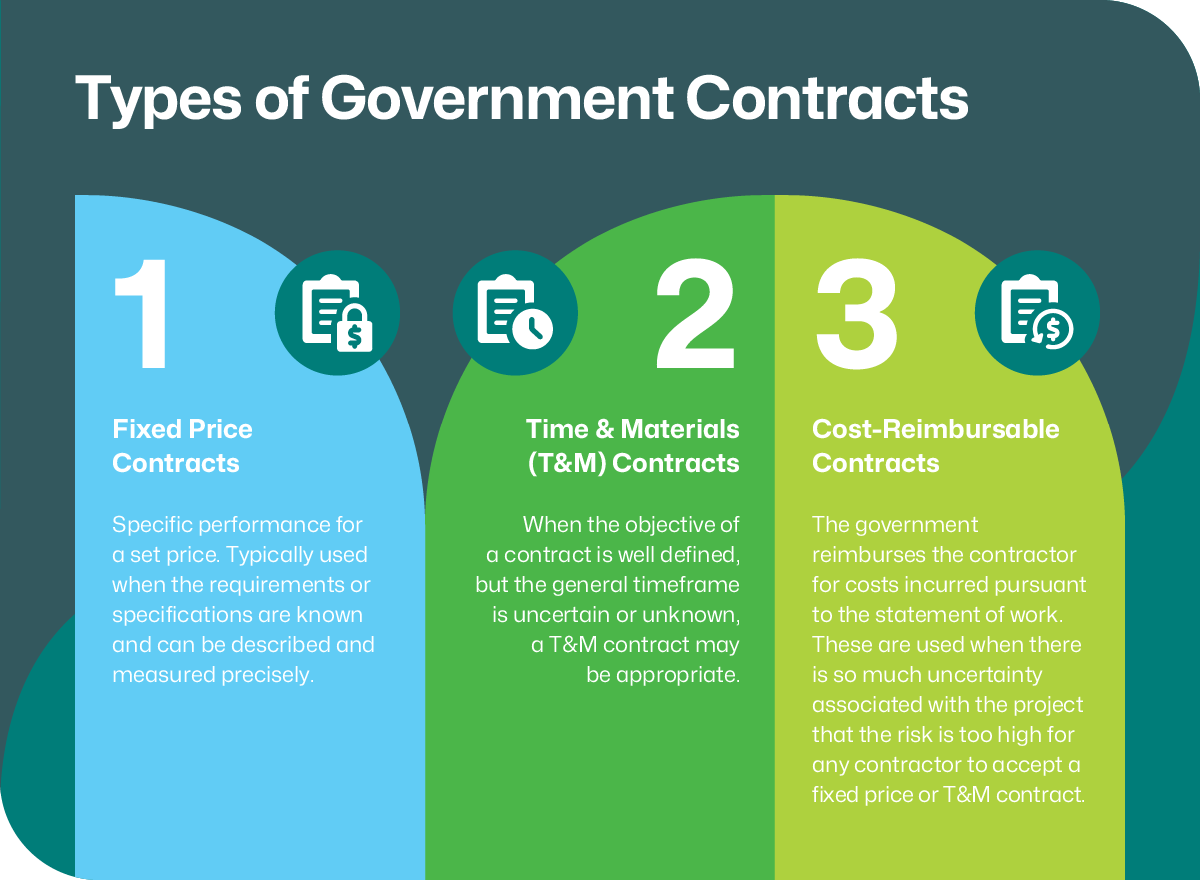
VI. The Necessary Evils: Forgetting Required Certifications or Forms – The Paperwork Pitfall
The bureaucracy of government contracting demands scrupulous attention to administrative details. Skipping these can undo all your hard work on the proposal itself.
Mistake 9: Missing Signatures or Registrations – Automatic DQ
Explanation:
Incomplete paperwork is one of the fastest routes to rejection. This isn't just about forgetting a form; it can include lacking crucial, up-to-date registrations or ensuring necessary details are accurately logged with services that help you navigate the federal marketplace, such as samsearch (especially if it plays a role in tracking your entity's status or eligibility for certain opportunities). An oversight here can mean your proposal isn't even considered.
Solution:
Before submission, triple-check that ALL required forms are attached. Ensure every designated signature block is completed by the authorized individual. Critically, double-check that all necessary government-mandated registrations (which samsearch might help you identify or keep tabs on) are current, accurate, and correctly referenced in your proposal documents as required.
Call to Action:
Make it a routine to regularly check your company's profiles and information relevant to government bidding. Consider using tools like samsearch to stay updated on evolving requirements and ensure your foundational data is always compliant.
Mistake 10: Forgetting to Use a Checklist – Your Safety Net
Explanation:
Government solicitations are often lengthy and complex, packed with numerous requirements, forms, and specific instructions. Relying on memory alone to ensure everything is covered is a high-risk gamble that rarely pays off.
Solution:
Create a detailed checklist based directly on the solicitation’s requirements list (these are often found within the package of documents accessible when you find an opportunity through samsearch). As you compile your proposal, physically (or digitally) check off each item. This systematic approach is your best defense against accidental omissions.
VII. The Final Polish: Poor Grammar & Not Asking Questions – Last Impressions Count
Even if you’ve done everything else right, sloppy final touches can sour the evaluator’s perception of your proposal. Don’t let small errors overshadow months of hard work.
Bonus Tip 1: Grammar & Typos – The Mark of Carelessness
Explanation:
Spelling mistakes, grammatical errors, and poor sentence structure reflect badly on your professionalism. They may suggest that you’ll bring the same lack of attention to the actual contract work.
Solution:
Proofread your proposal multiple times. Don’t rely solely on spell check tools have a colleague or professional editor review it as well, especially for high-value or strategic bids. Clear, well-written language enhances credibility and readability.
Bonus Tip 2: Not Asking Questions When You're Confused – Silence Isn't Golden
Explanation:
Many solicitations include ambiguities or complex requirements. Failing to seek clarification can result in non-compliance or misaligned responses that weaken your bid.
Solution:
Take advantage of the official Q&A window provided by the agency. This period is often outlined within the solicitation documents (typically accessible via samsearch). Submitting thoughtful, relevant questions shows you're engaged and committed to delivering exactly what the agency wants.
VIII. Key Takeaways to Win: Your Blueprint for Success
Government contracting is a high-stakes, high-reward arena. Avoiding preventable mistakes can significantly increase your odds of winning. Here's a quick recap:
-
✅ Plan Ahead & Be Meticulous:
Submit early and follow every instruction exactly. Many solicitations found via samsearch include checklists and requirements study them. -
🎯 Tailor with Precision & Purpose:
Customize your response to align with the agency’s evaluation criteria. Use only the most relevant past performance examples. -
💡 Honesty, Clarity & Fair Value:
Don’t overpromise. Back up your pricing with detailed rationale and ensure every form and registration (tracked or flagged using tools like samsearch) is accurate and complete. -
🧐 Engage & Perfect:
Use the Q&A period to clarify uncertainties. Edit your work rigorously final polish matters.
IX. Conclusion: Turning Proposals from Pitfalls to Wins
Winning a government contract isn’t just about offering the best service it’s about navigating a complex process with precision and professionalism. Avoiding these 10 (plus 2 bonus) deadly sins puts you ahead of competitors who may still be making rookie mistakes.
Success requires diligence, preparation, and full alignment with agency expectations often detailed in documents you can easily access through platforms like samsearch.
Final Call to Action:
Make samsearch your companion for more than just finding opportunities. Use it as a strategic resource to track requirements, monitor eligibility, and guide your proposal from draft to win.
